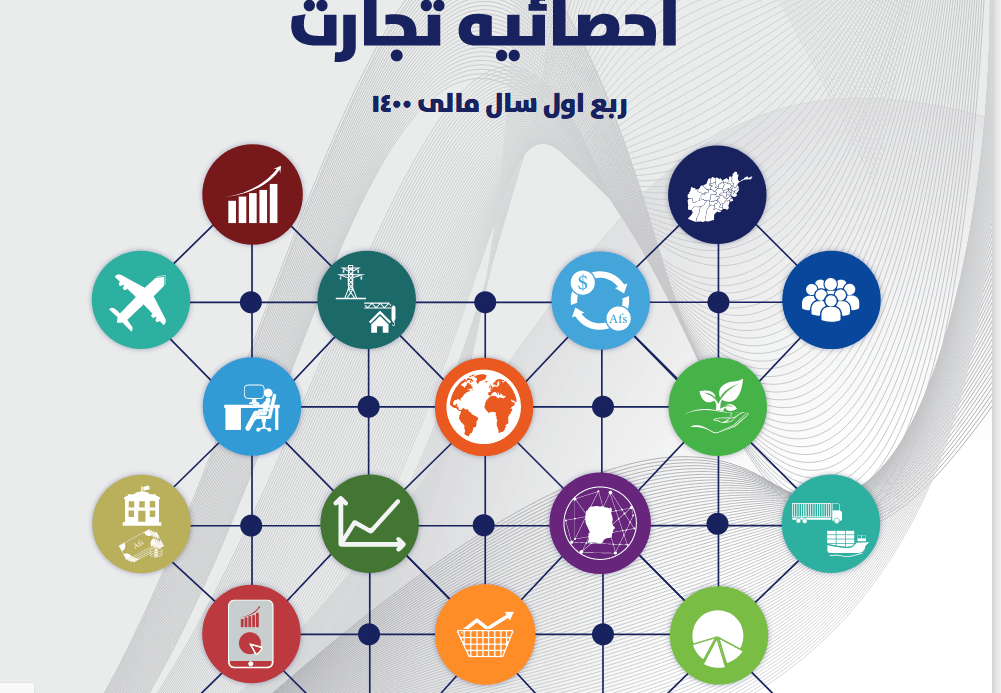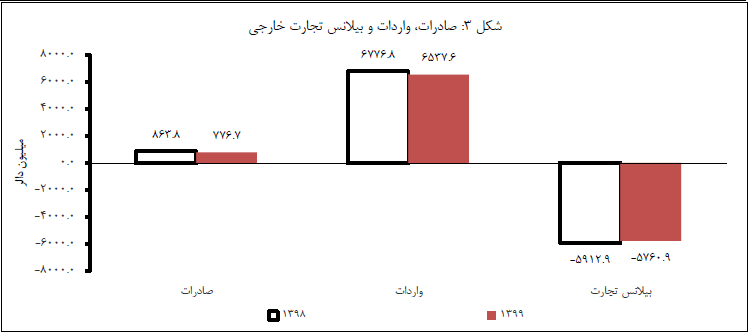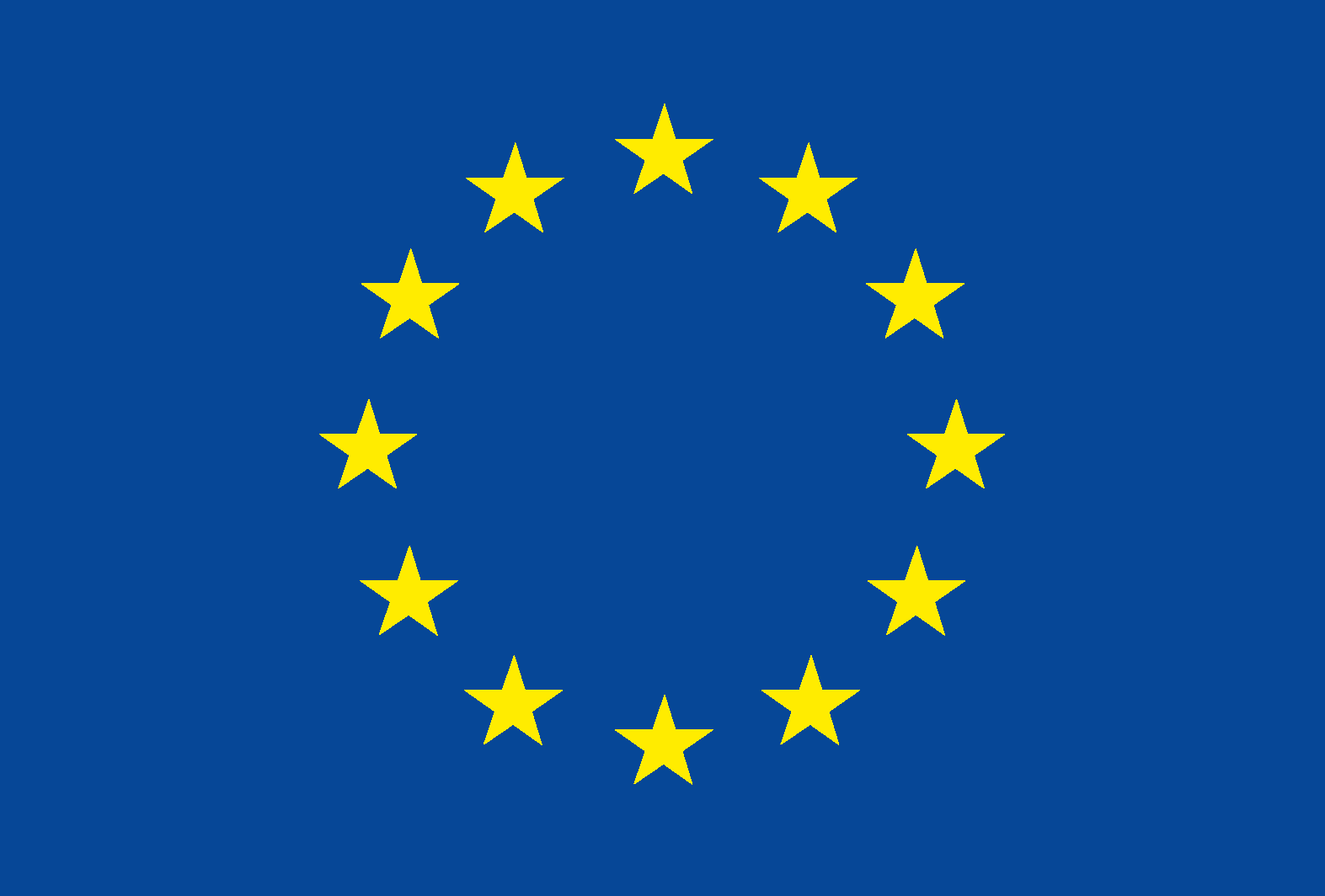KABUL (Pajhwok): Afghanistan’s exports in the first quarter of the current fiscal year have declined by 1.7 percent, compared to the same period of the previous year, says the National Statistics and Information Authority (NSIA).
On the other hand, imports rose by 2.6 percent during the period, with economists saying that unemployment and poverty had surged since the outbreak of the Covid-19 in the country.
The outbreak of the coronavirus has affected most of the countries across the globe, but Afghanistan, which heavily relies on assistance from the international community, had suffered even more economically.
As a result of the pandemic, the quarantine imposed in 2020 and some restrictions this year have caused an increase in unemployment, a fall in the country’s exports and a hike in imports.
Economists and other officials admit the virus has hard hit the economy of the people and the country. NSIA says 47.30 percent of people are currently living below the poverty line, 36 percent of the population lacks food security and more than two million remain unemployed.
Export decreased in last two years:
The Trade Statistics Yearbook, published by NSIA, says Afghanistan’s exports decreased by 10 percent in the solar year 1399, compared to 1398. In the first quarter of the current fiscal year, exports declined by 1.7 percent, compared to the same period last year.

The Trade Statistics Yearbook shows Afghanistan’s exports in the solar year 1399 accounted for about $776.7 million. In 1398, they stood at about $863.8 million.
A comparison of the statistics for these two years shows exports had decreased by more than 10 percent in 1399, compared to 1398.
In the first quarter of 1400, the exports work out at about $200.2 million. But in the same period of 1399, they stood at about $203.6 million.
NSIA indicates the expert volume in the first quarter of this year decreased by 1.7 percent, compared to the same period of last year. However, the figure excludes the smuggling and re-export of goods.

Imports in 1st quarter of current fiscal up:
According to NSIA, the imports of officially registered goods in 1399 accounted for about $6537.6 million, but the figure rose to $6776.8 million in 1398. The imports fell 3.5 percent in 1399 compared to 1398.
Imports in the first quarter of 1400 amounted to $1570.2 million, compared to $1530.0 million in the same period of the previous year.
In the first quarter of 1400, imports increased by 2.6 percent — compared to the same period of last year. Again, the imports do not include the smuggling and re-import of items.
Covid-19 hits people’s economy:
Qais Mohammadi, professor of economics at Kardan University told Pajhwok Afghan News the impact of Covid-19 had been felt by every family, not only in Afghanistan, but across the globe. Some of individuals temporarily lost their jobs while others were affected permanently, the economist said.
During the first wave of the coronavirus, he recalled, a number of organisations and companies had been unable to pay their employees. As a consequence, they fired most of their staffers, affecting the poor.
He added some of the organisations were still facing economic crisis and their employees were jobless.
Referring to the fact that most of the Afghans live below the poverty line, he said government assistance might have mitigated people’s problems in the past. But Covid-19 severely hit the masses, who are now in a worse economic situation.
Mohammadi added in areas of industry, education, services, health, internet, hotel management, recreational parks, entrepreneurs had been affected. Most of workers have been rendered jobless, facing financial woes.
On rising unemployment and declining incomes, he said the government did not have enough budget to spend it in solar year 1400.
Due to the budget deficit, he reasoned, the government of Afghanistan had borrowed 17.4 billion afghanis from the International Monetary Fund. Afghanistan had previously received $1.8 billion loans from other countries and international institutions.
“In general, domestic production has fallen, poverty and unemployment have risen and the country’s economic situation has gone from a not-so-good to the worst. This can be called an economic collapse,” he remarked.
Mohammadi urged the government to provide livelihoods, health services, wages and food for the poor. However, the fact should not be ignored that the government had helped the people to some extent in the first wave of the virus.
However, the economist regretted the corrupt played ducks and drakes with the government’s assistance to the poor.
He hit out at the municipality for its inability to deal with the quarantine situation and distribution of aid to the people. He also slammed the Ministry of Public Health for misusing its budget.
He branded as cruel the government officials who stole people’s bread instead of distribution food, cash and jobs to them.
In such trying circumstances, he believed, tax exemptions and job security should have been ensured. But unfortunately, that did not happen. At the same time, the professor said, huge businesses should have helped small companies, as they did in the US.
Media evidence outlets highlighted the government’s ineffectiveness in implementing its policies and the Covid-19 crisis amply exposed administrative corruption. In short, the economist alleged, the rulers showed no mercy to the people.
Mohammadi also took a swipe at the government for failing to help small firms, or grant exemptions from taxes and electricity bills to keep the economic cycle intact. In other countries, governments provided relief and even people shared their money with others, he continued.
However, he hastened to acknowledge that helping the poor and needy in the first wave of the virus was a commendable job on the part of the authorities.
Meanwhile, Khan Jan Alokozai, a member of the board of directors of the Afghanistan Chamber of Commerce and Industry and deputy head for trade and investment, said the coronavirus had caused deaths and harmful effects on manufacturing, commercial, economic and other sectors.
Being war-torn, impoverished, import-reliant and landlocked country, Afghanistan was in need of international assistance, he noted. For these reasons, he said, the negative effects of the Covid on the Afghan economy and government had been more pronounced.
Alokozai confirmed the outbreak of Covid-19 had led to the closure of factories, export reduction exports and import hikes, costing Afghanistan losses worth millions of dollars.
The country’s economy was nose-diving with each passing day, he said, citing fighting in provinces, Taliban’s seizure of ports and the destruction of electricity pylons as other factors affecting people’s economy the government revenue.
Citizens rendered jobless by Covid-19:
Nilofar, a resident of Khair Khana area of Kabul and teacher at a private school, said: “With the outbreak of the virus, all people were affected, including my family. I am a teacher at a private school. When quarantine was announced, our salaries were not paid. We were thus hard hit these last two years.”
Hamid, a resident of the Chahar Qala area of Kabul, who worked as an NGO bodyguard, told Pajhwok: “After the outbreak of the virus, our organisation suspended staff. When the quarantine ended, it hired half of its staff. Now I’m jobless and our economic situation is very bad.”
Hamid — the sole breadwinner for his four-member family — lives in a rented house. “The coronavirus has ruined our lives. It has brought the economy of the majority to zero.”
Officials also acknowledge the outbreak of Covid-19 has had a devastating effect on the economy of the people and the country for that matter.
Nooria Nuzhat, spokeswoman for the Ministry of Economy, agreed the outbreak of the coronavirus in Afghanistan had caused negative impacts.
Families, individuals, businesses and corporations had been affected on the one hand and government revenue, commerce and trade balance challenged on the other, she pointed out.
“Across Afghanistan, we have a number of families that find it difficult to arrange the cost of accommodation, diagnosis and treatment of Covid-19. Due to economic problems, they are unable to take preventive,” she added.
Nuzhat said preventive steps, including holidays, quarantine, downtime and disruption of normal activities affected the income of individuals and families and took a toll on manufacturers and enterprises.
Working hours at the company level had been reduced and there had been a difference in the production level and raw material production in Afghanistan, with global markets also feeling the impact, she said.
The crisis had also affected the revenue of the government such as taxes, fees, tariffs, rents and service fees, Nuzhat maintained.
The spokeswoman opined the government included to unveil support measures, including bread distribution and a national food package programme to prevent further damage.
These packages helped people find access to food and the private sector had been supported by the government, she claimed.
Fawad Ahmadi, spokesman for the Ministry of Commerce and Industry, said accurate export and import statistics were provided by NSIA.
But with the inauguration of the Khwaf-Herat and Aqina-Andkhoy railway lines and the adoption of other measures, Afghanistan’s exports have seen a reasonable improvement.
He claimed about 60 sectors of the economy had recently attained self-sufficiency. For this reason, the import of items produced in the country had stopped completely.
Abdullah Fattah Ishrat Ahmadzai, spokesman for the Ministry of Labor and Social Affairs, said more than two million people were currently jobless.
After the outbreak of the virus in the country, he acknowledged, unemployment rose. Due to last year’s quarantine, some institutions, including schools, higher education institutes and hotels, fired some of their employees.
Ahmadi said with the outbreak of the disease, all borders, including airspace, land routes and train services were shut at once.
But this year, Afghanistan and other countries took better measures to check the spread of the pandemic. Trade routes were kept open, he explained. Imports and exports continued smoothly.
sa/mud
 “This Investigative Report was produced with the financial support of the European Union. Its contents are the sole responsibility of Pajhwok and do not necessarily reflect the views of the European Union.”
“This Investigative Report was produced with the financial support of the European Union. Its contents are the sole responsibility of Pajhwok and do not necessarily reflect the views of the European Union.”







GET IN TOUCH
NEWSLETTER
SUGGEST A STORY
PAJHWOK MOBILE APP